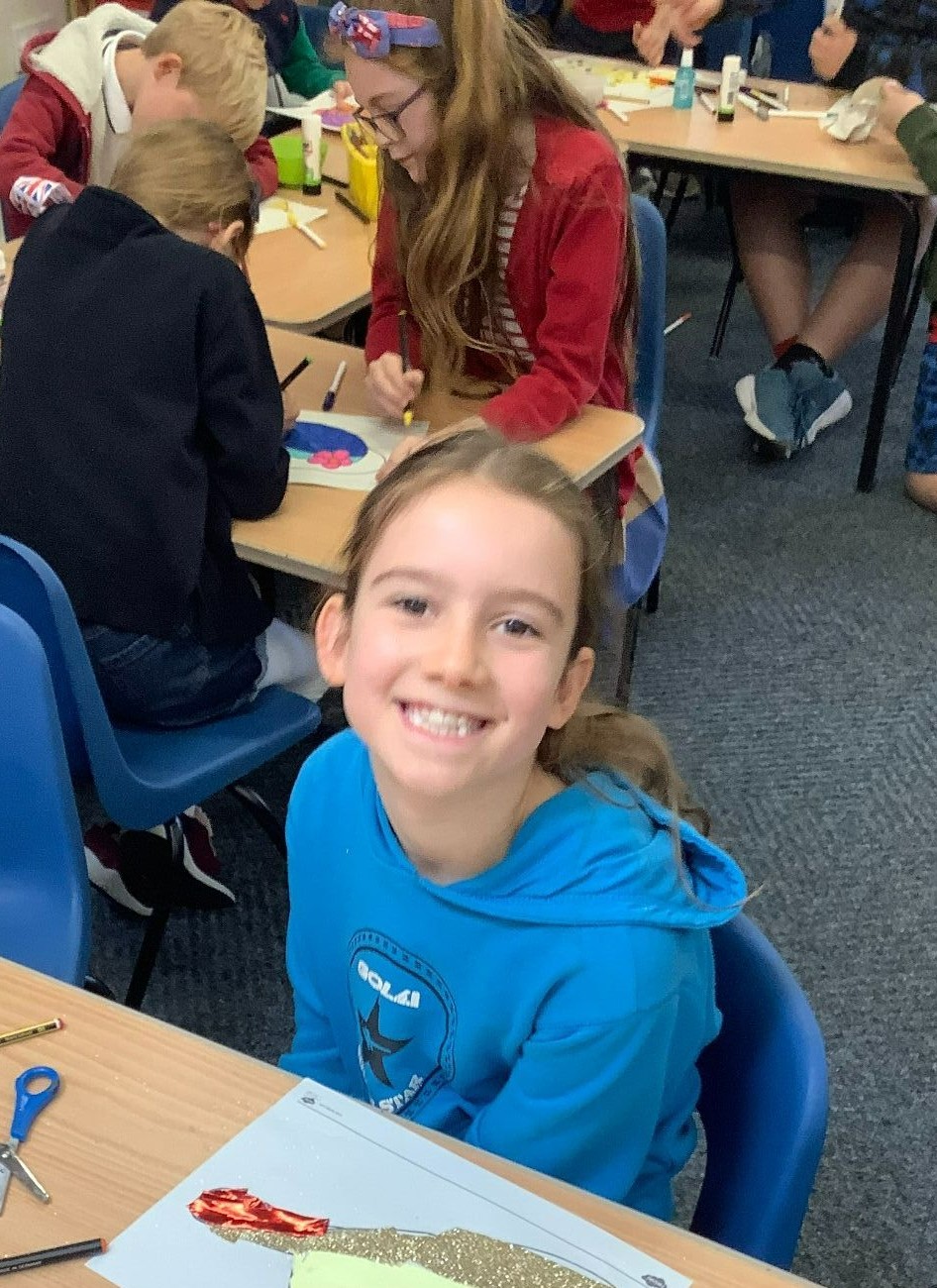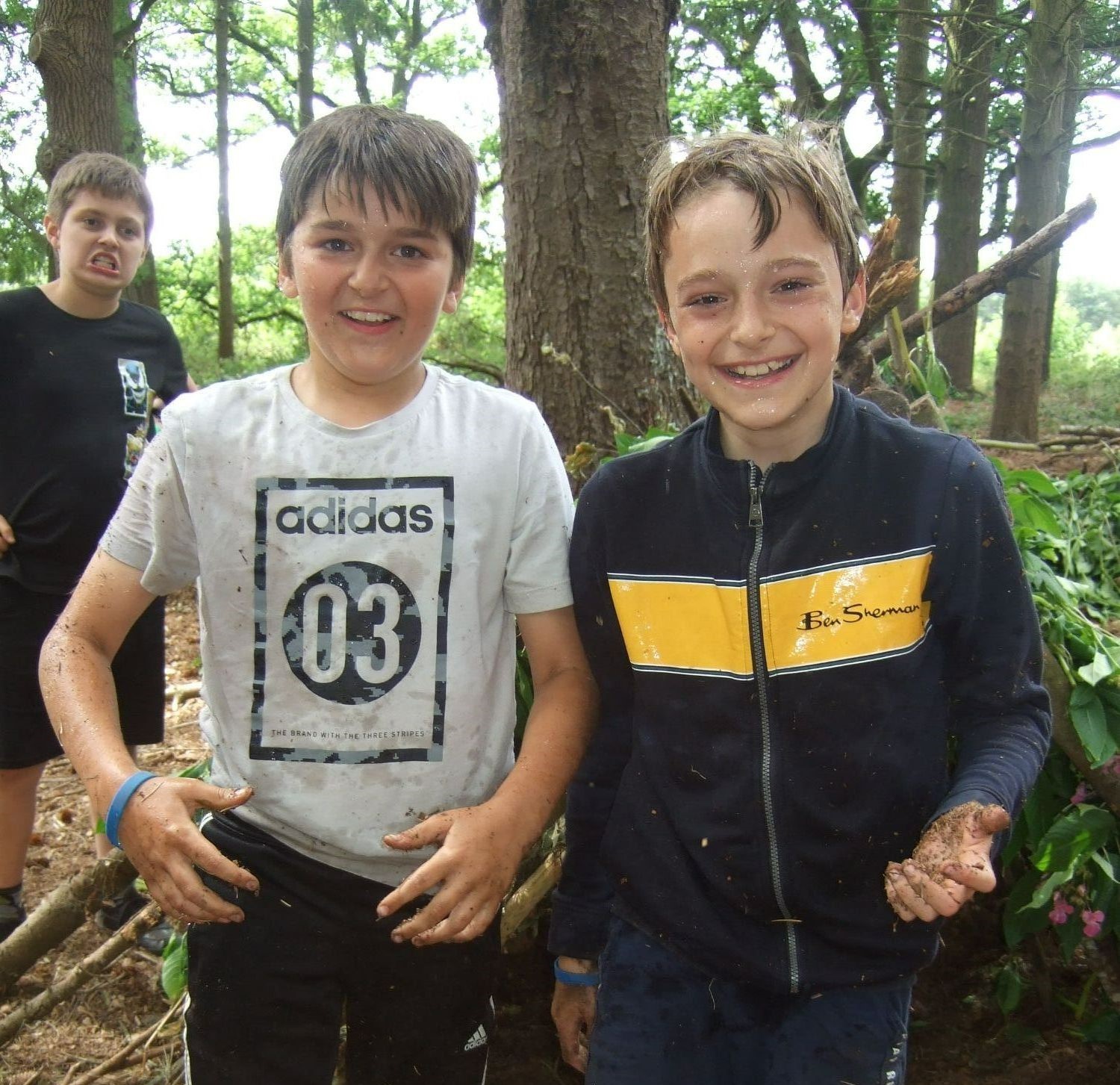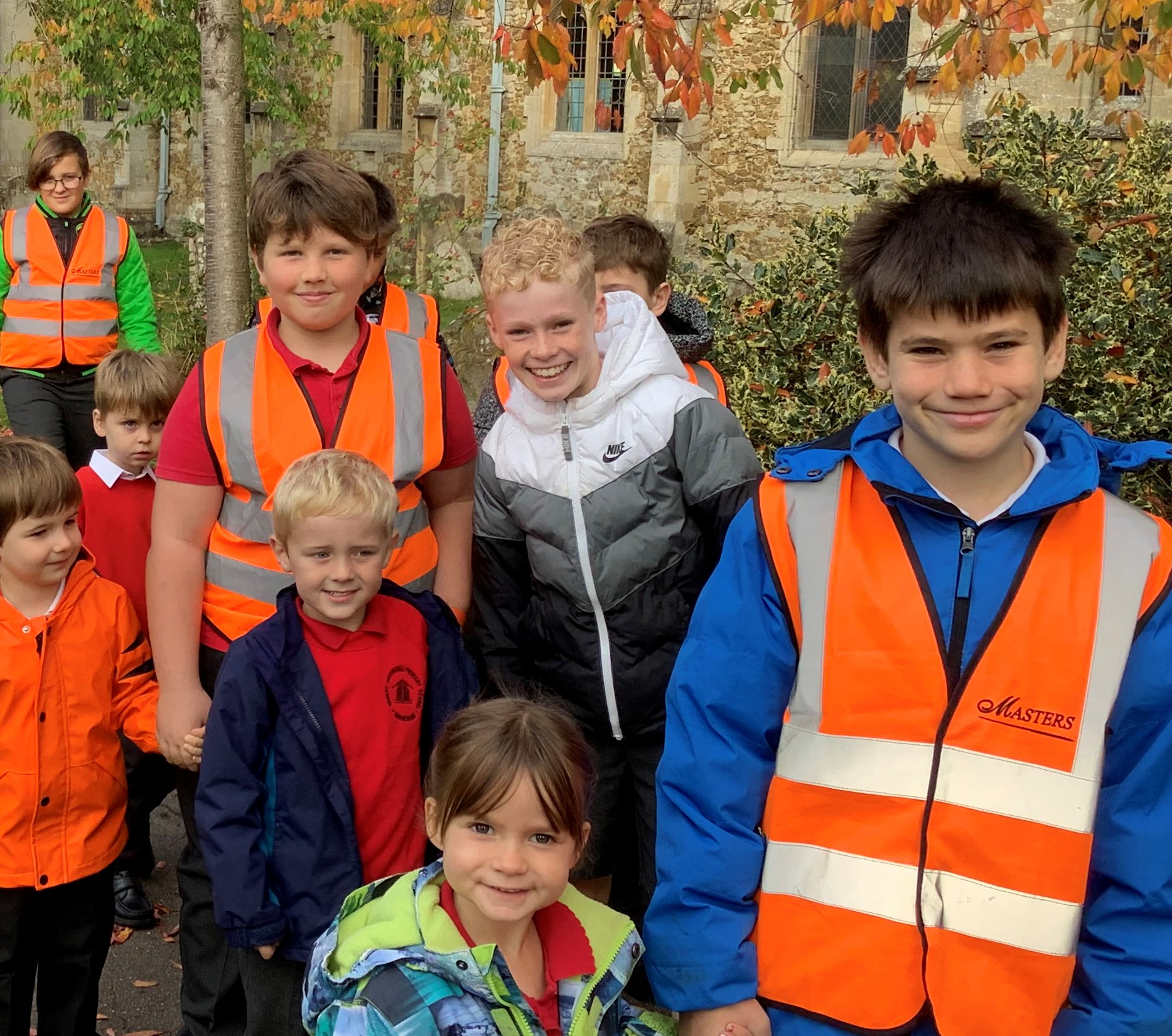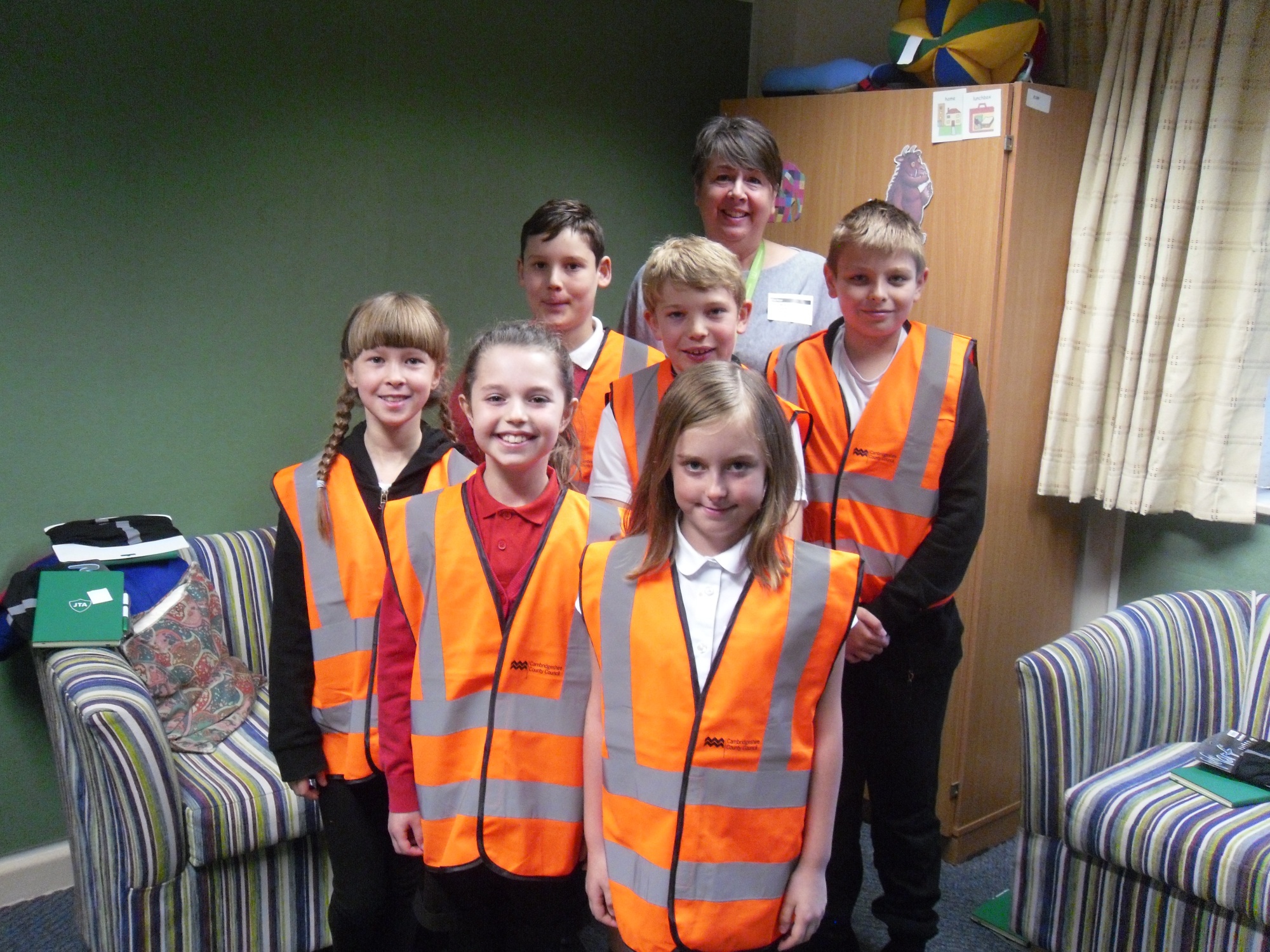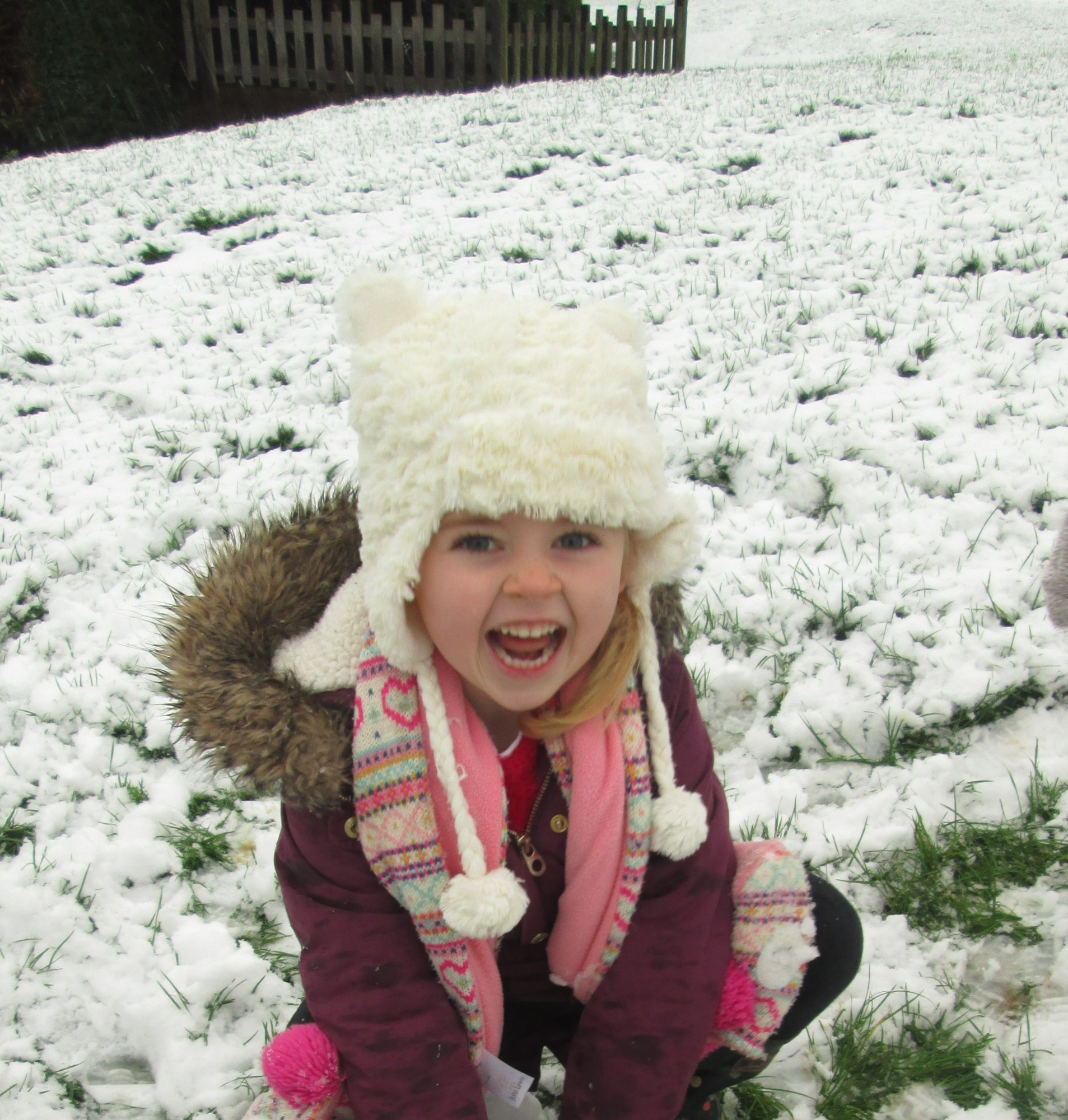Writing
Intent
At Robert Arkenstall, we strive to create an environment that will promote both reading and writing. In order to ensure that all pupils learn to be confident writers we encourage children to write creatively whilst teaching key writing skills explicitly and systematically. We give children experiences to write at regular opportunities throughout the school week, whether this be in English lessons or wider curriculum subjects. Our principal aim is to develop children’s knowledge, skills, and understanding of writing and the writing process such as planning, drafting and editing. The children may experience writing opportunities in guided groups or independently. Importantly, we ensure children have a clear understanding of the purpose for their writing and an awareness of their intended audience so that they can consider the language and text features they need to make their writing appropriate and meaningful.
Implementation
Writing in the EYFS
The Early Years Foundation Stage (EYFS) framework sets literacy as one of the seven areas of learning for children, and this includes beginning to write. It says, 'literacy development involves encouraging children to link sounds and letters and to begin to read and write’. We believe that communication and language, with opportunities to explore reading and writing underpins the future learning of our children. Within our reception class children have access to planned whole class or group writing activities but also many opportunities for child-initiated writing activities. We understand the importance of modelling purposes for writing and plan mark-making and literacy activities centred around children’s interests so that we can capitalise on their engagement with a particular theme or topic. We value thinking allowed so that children hear the language of thinking and learning. This helps to promote the important skill of metacognition – the act of thinking about and becoming aware of our own thought processes. By doing this, we help children understand the thinking processes that happen when a writer works. We talk about vocabulary and the choice of words writers make when we share stories with our Early Years children to develop their understanding of thinking creatively.
Writing in Key Stage 1 and Key Stage 2
In KS1 and KS2 teachers work from weekly plans which focus around a specific text (fiction, non-fiction or poetry based) or they may focus on a text type instead. Often planning links closely with a stimulating class novel or a rich-language text that runs over several weeks and provides a range of opportunities to practise and widen reading, writing, spelling, punctuation and grammar skills. Links may also be made with other subjects in our curriculum where children can apply skills learnt in English into other contexts.
Children are given the opportunity for a range of independent writing activities with a clear audience and purpose. Text-based units of work may provide an opportunity to cover a range of text-types in which children can demonstrate writing objectives from the national curriculum PoS and develop themselves as writers. Alternatively, text-types may be covered more explicitly.
We teach our children the process of writing and understand that the writing process does not necessarily happen in a linear order. Throughout the planning, drafting and editing or their writing, children have access to a variety of resources, such as dictionaries, thesauruses and vocabulary books to support them. We also value the importance of children receiving guidance and advice from their peers, as well as feedback from adults, whether it be their teacher or teaching assistant. Ideally, writing is marked alongside the pupil to allow children to go through their work with an adult, hearing verbal feedback and being given advice for future pieces of writing.
-
Punctuation and Grammar
An understanding of how to use punctuation and grammar correctly, use relevant meta-language and identify word classes and sentence types is taught both in context of a piece of writing and explicitly in whole class English lessons. Linked to the National Curriculum guidelines for year groups, grammar is taught and planned to fit in with relevant genres of writing.
| Key Points for Writing at Robert Arkenstall |
| The teaching of writing in the EYFS: |
|
| The teaching of writing in KS1 and KS2: |
|
Impact
The organisation of the English curriculum, has realised a community of enthusiastic writers who enjoy showcasing their developing literacy knowledge and skills. Children are confident to take risks in their writing, and love to discuss and share their ideas. Outcomes of work in both English and topic books evidence the high quality of work and the impact of varied and cross curricular writing opportunities. These enable children to write across a range of forms and adapt their writing successfully, considering the purpose. Their choices of vocabulary reflect the high value we place on developing confident expressive vocabulary with carefully considered nuance of meaning to communicate effectively.





